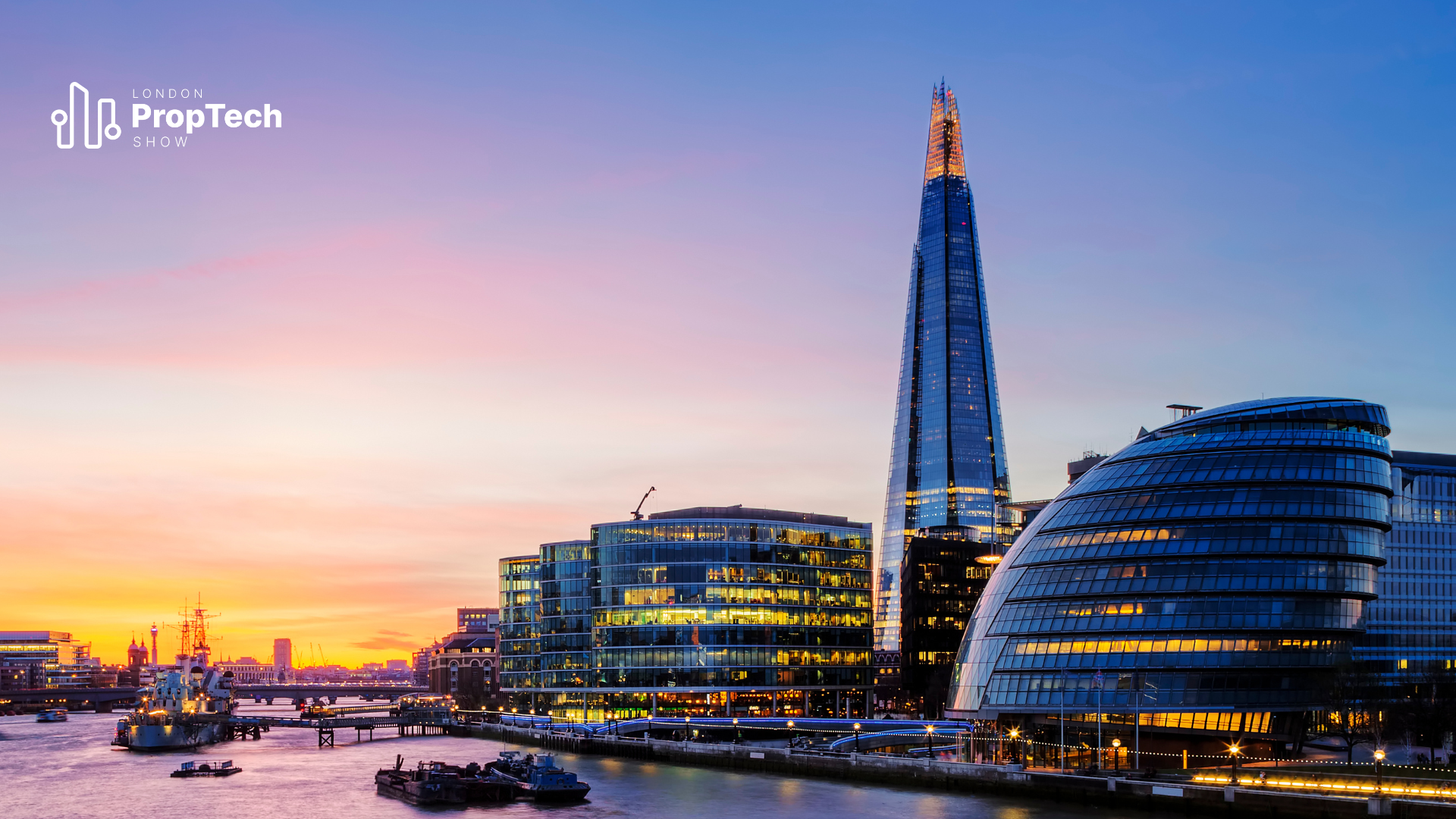The London commercial real estate market is showing a unique resilience and transformation, guided by several dynamic factors. According to the latest JLL Research, these factors include a growing young workforce, demand for sustainable office spaces, and a supply-demand imbalance in housing. The market presents both challenges and opportunities, with each sector responding differently to global trends and economic pressures.
Multifamily
London's residential rental market is under immense pressure, largely driven by the city’s rapidly growing population. Over the past decade, renter households have increased by 49%, while new multifamily housing construction has slowed, held back by rising construction costs and planning delays. In 2024, the demand for rental housing will increase as over 109,000 young people aged 18-34 are expected to move into London.
Despite the high cost of rent, with new lets averaging £39 per square foot annually, renting remains 56% cheaper than buying, keeping rental demand strong. This has resulted in a critical supply shortage, especially in energy-efficient and sustainable properties, which the city’s environmentally conscious younger workforce is increasingly seeking. The private rental market offers compelling investment opportunities for those looking to convert undervalued properties into high-quality, sustainable multifamily units.
Retail
The West End’s retail scene is showing signs of a strong recovery, following the challenges posed by COVID-19. According to the New West End Company, consumer spending in this area surged by 12% in 2023, bringing total sales to £9 billion, just 1% below pre-pandemic levels. The forecast for 2025/26 is even more promising, with sales expected to surpass £10 billion.
New and international brands are flocking to the West End, attracted by the increase in consumer spending and a more favourable business climate. While the domestic retail outlook faces challenges, particularly due to inflation and the cost-of-living squeeze, the overall sentiment remains positive, supported by a steady return to physical stores and rising consumer confidence.
Office
London’s office market remains strong, with 9.7 million square feet of office space leased in 2023, within 5% of the long-term average. However, vacancies are concentrated in older buildings, while demand for highly sustainable, modern office spaces is growing. According to JLL’s latest research, demand for net-zero carbon office spaces over the next decade is set to outstrip supply by a factor of two. This gap presents opportunities for investors to develop or acquire prime office spaces that meet stringent environmental standards, offering long-term rental growth potential.
Rents for top-tier office spaces in the City and West End are on the rise, with super-prime rents exceeding £200 per square foot in some areas. Investors focusing on sustainability and amenities, such as outdoor terraces and wellness features, will be best positioned to attract high-end tenants and achieve high rental income.
Industrial
London’s industrial and logistics sectors have undergone a significant evolution, partly driven by the growth of e-commerce and the increasing need for efficient supply chains. Historically, industrial land in London was devalued as more space was allocated for residential use, responding to the city's ongoing housing shortage. However, this trend has reversed as demand for logistics hubs has surged. E-commerce, along with population growth, is fueling demand for strategically located industrial assets, often in unconventional spaces like former car parks and retail units.
Over the past five years, industrial assets in London have experienced an average annual rental growth of 8.3%, a trend expected to continue as the market adjusts to increasing population pressures and the need for quick, last-mile delivery services.
London’s commercial real estate market in 2024 presents various opportunities across sectors, driven by population growth, sustainability demands, and a shifting economic landscape. For private investors, the key lies in identifying value-add opportunities, particularly in sectors like multifamily housing, office space conversions, and logistics hubs. Despite the market’s challenges, London remains a global powerhouse, offering substantial returns for those willing to innovate and adapt to the changing dynamics of urban life.


